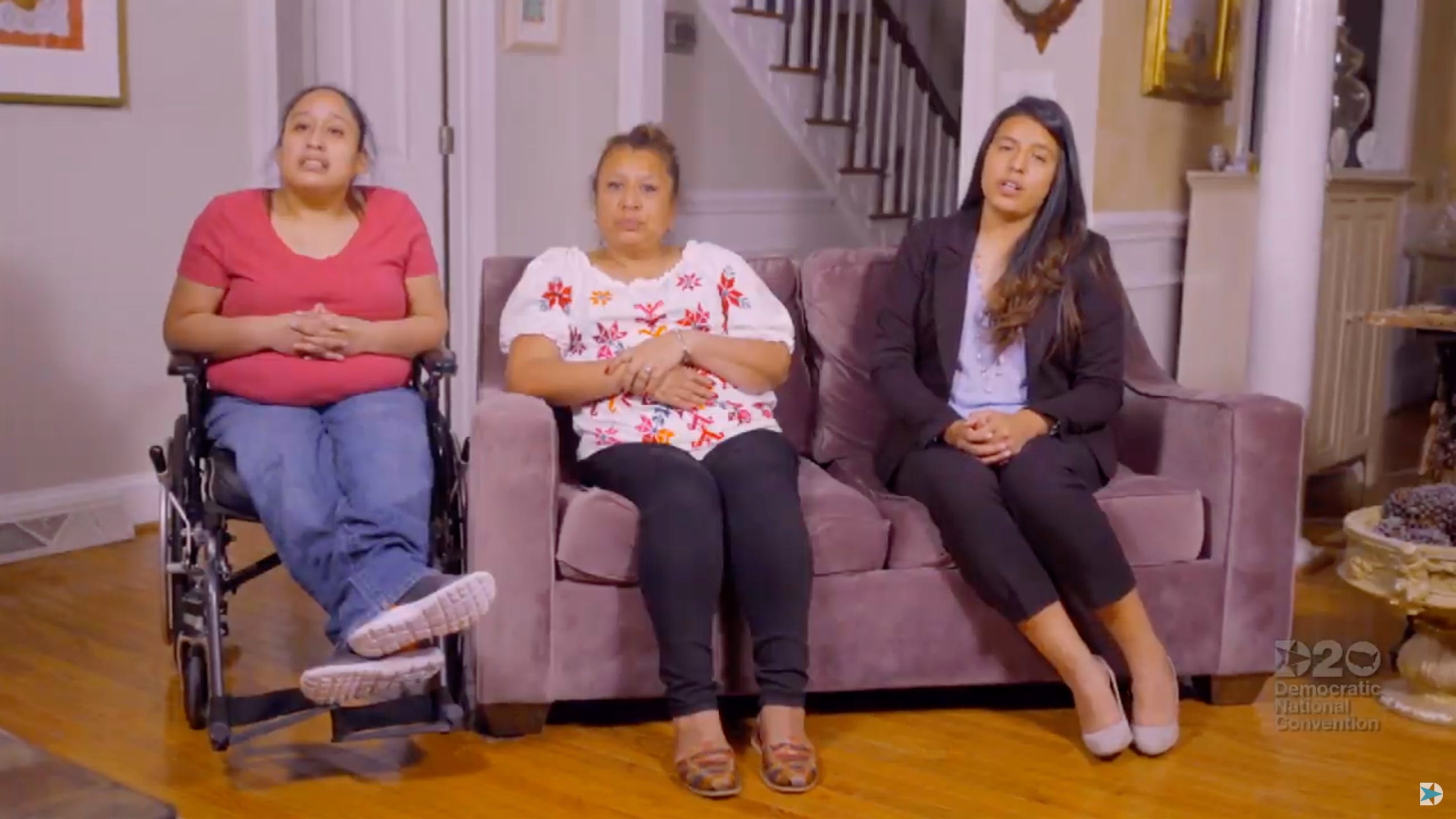Fact check: Sharia law could not be banned under a 1952 immigration law

Claim: A U.S. law in effect since 1952 bans Sharia law on U.S. soil
Sharia, the Arabic term for Islamic law, is foundational to the legal system in some majority-Muslim countries. It has frequently been cited by anti-Muslim groups as a threat to American life.
Many U.S. states and localities have passed legislation banning Sharia law, though it is unclear what these laws are intended to do. The laws rarely protect rights that aren't already constitutionally mandated or covered by existing law.
More: These copycat bills on sharia law and terrorism have no effect. Why do states keep passing them?
Sharia is akin to religious courts, tribunals, or other mediation bodies found in the Catholic church, Judaism, and several Protestant denominations to address such issues ranging from marriage annulments to marital disputes.
The American Civil Liberties Union has sued to strike down several of these anti-Sharia laws, seeing them as a form of anti-Muslim bigotry.
An item posted by a Facebook user in May 2019, which has recently resurfaced, says, "We have a law since 1952 that actually bans Sharia law on U.S.soil. Do you want Trump to enforce it?" We reached out to the Facebook user who posted the item for comment.
More: Fact check: Kamala Harris does not want to institute Sharia law
What happened in 1952?
The Facebook post does not specify a law, but appears to refer to the the McCarran-Walter Act, also known as The Immigration and Nationality Act. This law has been cited in numerous social media posts on anti-Muslim themes, including a false claim that it prevents Muslims from serving in the U.S. government.
The 1952 immigration law was aimed mainly at preventing communist subversion in the U.S. It revised the Immigration Act of 1924 to eliminate the racial conditions for citizenship that had largely barred Asians, but upheld the race-based “national origins quota system” covering how many immigrants could enter the U.S. from each country.
The revised quotas maintained a strong bias toward northern and western Europeans and against eastern and southern Europeans.
The law was used by President Donald Trump in issuing a 2017 executive order, subsequently revised following legal challenges, that imposed a ban on immigration from mostly Muslim-majority countries.
Trump's order was based specifically on McCarran's Section 212(f): "Whenever the President finds that the entry of any aliens or of any class of aliens into the United States would be detrimental to the interests of the United States, he may by proclamation, and for such period as he shall deem necessary, suspend the entry of all aliens or any class of aliens as immigrants or nonimmigrants, or impose on the entry of aliens any restrictions he may deem to be appropriate."
The law gives a president broad powers regarding immigration, but does not cover religious issues. It does not, as the Facebook post suggests, apply to the practice of religion, which is protected under the U.S. Constitution.
Our ruling: False
Our research finds that the The McCarran-Walter Act of 1952, which the Facebook post appears to cite, does not deal with religious issues of any nature and does not address the exercise of religious activities in the U.S.
Our fact-check sources:
- Immigration and Nationality Act
- Milestones: The McCarran Act, Office of the Historian
- Encyclopedia Britannica: Shariah
- ACLU, Bans on Sharia Law and International Law
- PolitiFact, Sept. 3, 2019, Ask PolitiFact: Are there communities in the US under Sharia law? No
- Applying God’s Law: Religious Courts and Mediation in the U.S., Pew Research Center
- Washington Post, Sept. 24, 2019, 'During first two years of ‘Muslim ban,’ Trump administration granted few waivers'
- Truman Library, 'Veto of Bill To Revise the Laws Relating to Immigration, Naturalization, and Nationality'
Thank you for supporting our journalism. You can subscribe to our print edition, ad-free app or electronic newspaper replica here.
Our fact check work is supported in part by a grant from Facebook.